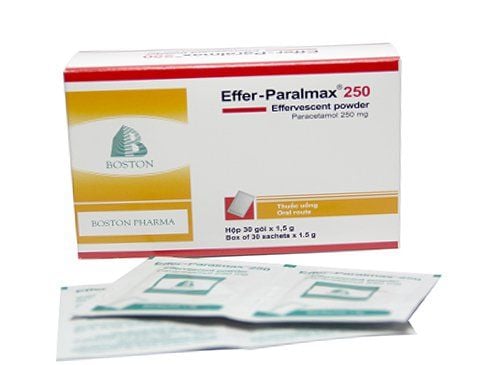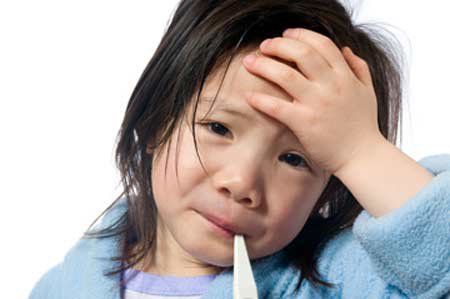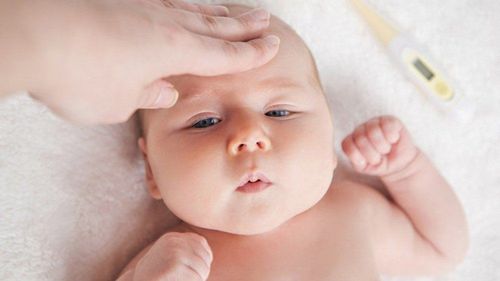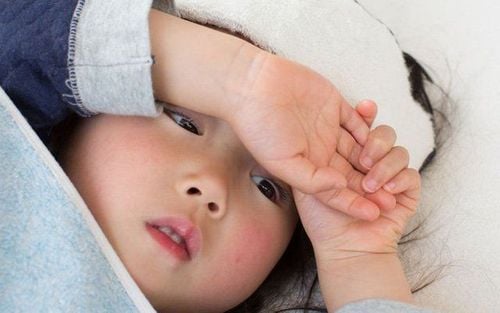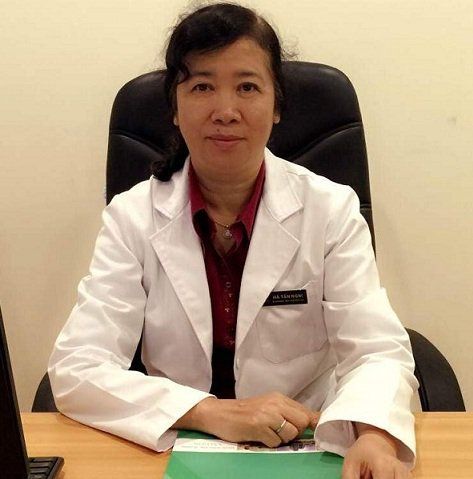This is an automatically translated article.
The article was professionally consulted by MSc Nguyen Cong Canh, Head of Pediatrics - Neonatology Department, Vinmec International General Hospital Da Nang.With children, fever is a common sign of many different diseases throughout childhood. It can also be the child's response to environmental changes or external agents, especially in humid weather, which is favorable for the development of viruses and bacteria that cause diseases today.
When a child has a fever, how should parents handle it? For children, fever is a common sign of many different diseases throughout childhood. It can also be the child's response to environmental changes or external agents, especially in humid weather, which is favorable for the development of viruses and bacteria that cause diseases today. So in case of fever, when can parents monitor at home, when to take them to the doctor right away to avoid unfortunate consequences? Dr. Philippe Collin - Head of Pediatrics Clinic, international general hospital gave specific initial consultations to mothers.
Doctor, what are the common causes of fever in children? Fever is defined as an rectal temperature of 38 degrees. Other areas can measure temperature such as: Ears, armpits, mouth. However, taking an rectal temperature is the most reliable. When the fever is high, parents can observe that the child has chills and shivers. But it is not a convulsion because the child is awake all the time. In case of suspected convulsion, parents can take the child to the doctor. Most children's fever is caused by a viral infection (accounting for 80%) and can also be caused by a bacterial infection, but less commonly. Common cases of children with fever include:
Fever due to runny nose, flu, nasopharyngitis, enteritis caused by viral infection. Children with fever due to purulent otitis, purulent tonsillitis, infectious pneumonia, nephritis caused by bacterial infection. Children with fever due to a reaction after vaccination can also occur.
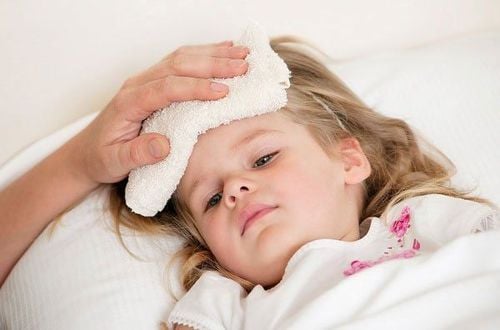
Children aged 3 - 36 months have a fever of 38 degrees or higher for 3 days. Children of all ages need to see a doctor if they have the following symptoms: Fever above 40 degrees, fever accompanied by convulsions, fever recurrence, fever children with a history of heart disease, cancer, lupus ..., children fever with skin rash. Doctor, before taking children to see a doctor, what should parents do? Parents should give children plenty of fluids to rehydrate if they are afraid to see a doctor.
Let the child rest at home and monitor the child.
If the child has a fever of 38 degrees 5 or more:
Give the child an oral or rectal Paracetamol fever reducer. Use Ibuprofene if Paracetamol is not effective. Fever below 38 degrees 5, it is not necessary to use antipyretic. Never give aspirin to children because of the risk of Reye's Syndrome. Undress the child to lower body temperature and reduce fever. Absolutely do not automatically give antibiotics to children without a doctor's prescription. Antibiotics are only effective for children who have a fever due to a bacterial infection, antibiotics are not effective if the child has a viral fever.
Thank you doctor!





